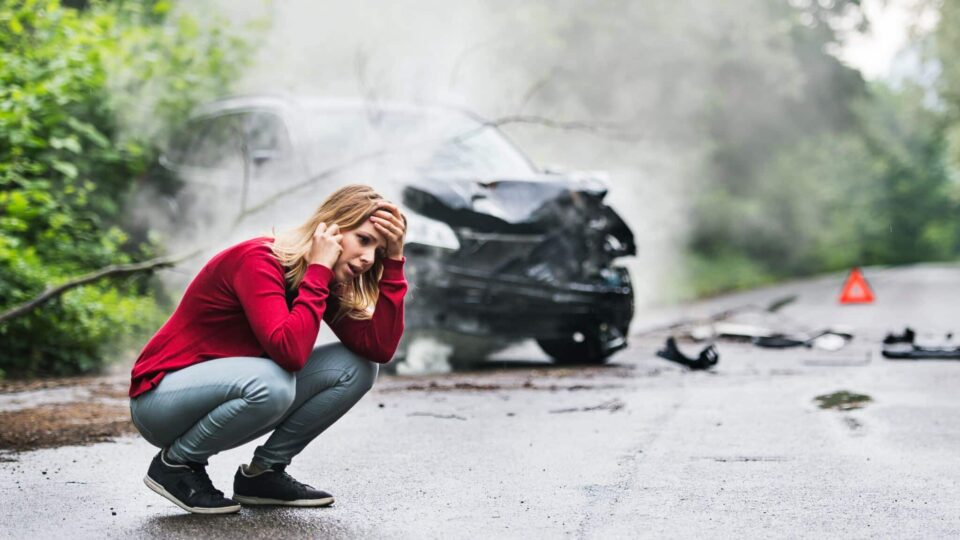
Why Does Car Insurance Go Up After an Accident?
Getting in a car accident can be a stressful and sometimes traumatic experience. While an accident is only a brief moment in time, the financial impact can stick with you for years. Whether you’re in a minor accident with no injuries or serious car damage, you may see an increase in your car insurance rates. But not every car accident will result in a rate increase. In this latest blog, we shed light on the sometimes complicated topic of why insurance rates go up after a car accident.
Who is responsible for a car accident?
For insurance companies, one way to effectively manage car accident claims is to establish who is “at-fault.” Even if there was nothing you could have done to prevent the accident, and the police haven’t charged you with an offense, you may be deemed to be at fault.
If you are in a collision with a driver of another vehicle, the insurance provider decides who is at-fault based on the Fault Determination Rules. On occasion, it may take time and further police and/or insurer investigation to determine who ultimately caused the accident. Depending on the type of collision you may be at-fault if you’re the sole driver, such as hitting an object to the side of the road.
How Does an Accident Impact Car Insurance?
There are two main reasons car insurance rates go up after an accident.
- Claim-Filing Fees. When you file a claim, it triggers several surcharges. These include the cost of a claim adjuster’s time, claims representative fees, and the cost of parts and labor. The fees associated with filing a claim aren’t typically included in your insurance premium. That’s why your insurance provider will raise your rates to cover the additional fees. If you’re in a minor accident, you may want to avoid filing a claim and consider settling out of pocket.
- Additional Risk. According to industry data, after a driver is in an accident or crash, they’re more likely to have another accident in the future. If you have an accident on your record, your insurance provider will likely consider you a greater risk to insure than someone with a clean record. They’ll account for this risk by charging you more for insurance.
To learn more, check out our previous blog about what determines car insurance premiums.
Circumstances that May Not Trigger a Rate Increase
Some insurance providers won’t raise your rates if they determine that you’re not, or even less, responsible for an accident. Here are a few examples of accidents that may not result in a car insurance rate increase.
- Your vehicle is legally parked and hit by another vehicle.
- Your vehicle is rear-ended (hit from behind), and you’re not cited or convicted for a moving traffic violation connected to the accident.
- Your vehicle is hit by a “hit-and-run” driver, and you report the accident to the authorities within 24 hours.
- The other driver is convicted of a moving traffic violation connected to the accident.
How long does a car accident stay on your insurance record?
Typically, an at-fault accident is chargeable on your insurance for 6 years, and a conviction or ticket is chargeable for 3 years. This timeframe can change depending on the severity of the conviction. You may qualify for accident forgiveness if you (and all other drivers of the car) have a clean driving record with no at-fault accidents. If so, you may qualify to have your first at-fault accident “forgiven.” That means your car insurance premiums may not go up because of an at-fault or partially at-fault accident. Typically, insurance companies will only “forgive” one accident, and if you have a second accident, expect to see your premium increase.
It is important to remember that accidents can happen to anyone. Even if an accident leads to an insurance premium increase, our Bauld Insurance Advisors will explore options to keep your insurance premiums manageable – such as adjusting your coverages. We encourage you to visit our web page for more information and frequently asked questions on Car and Auto Insurance or to request a Car Insurance Quote.